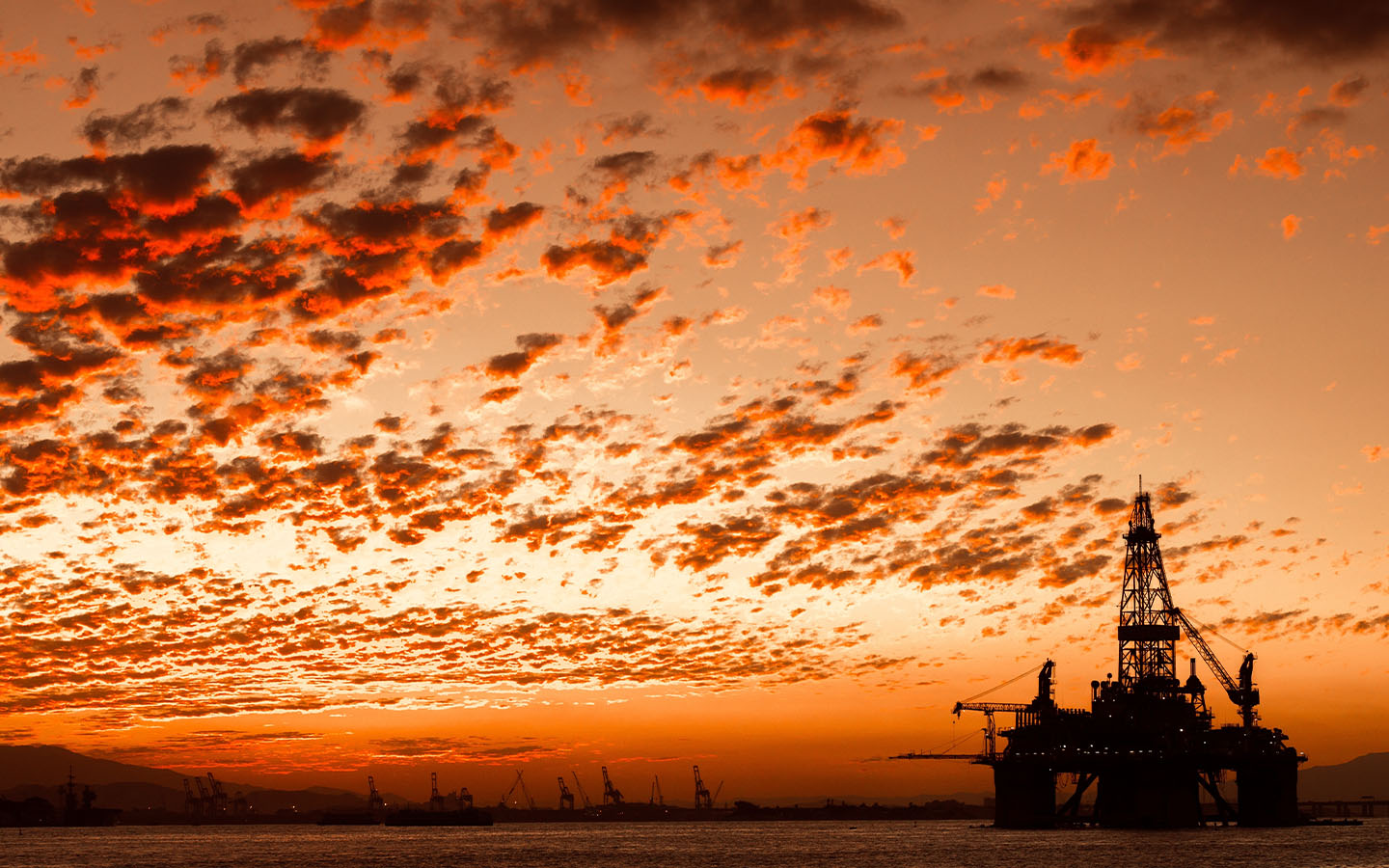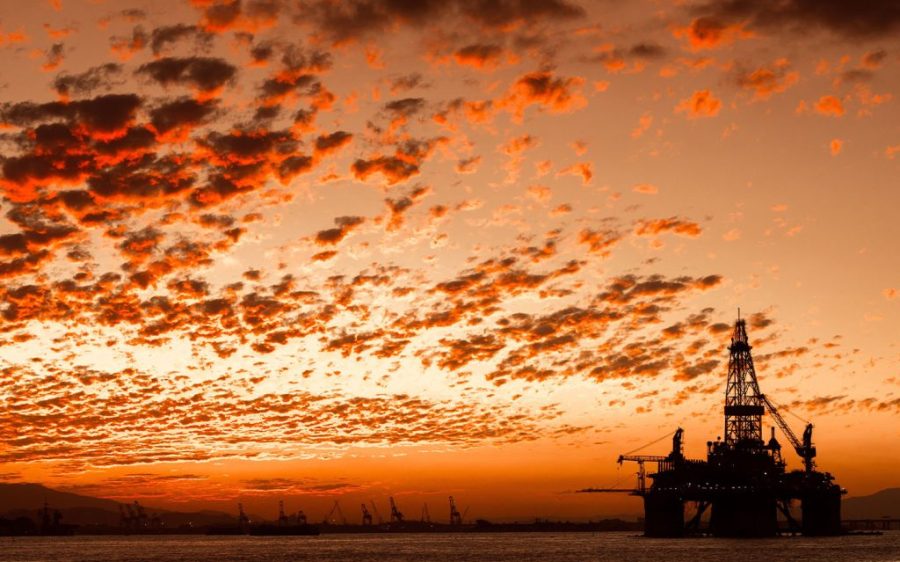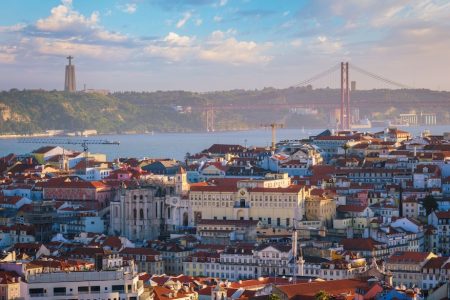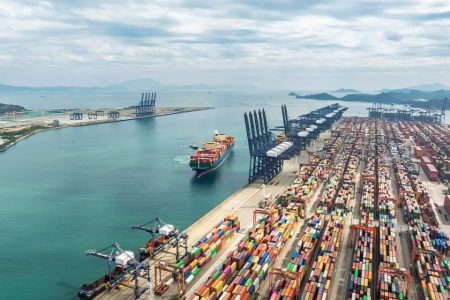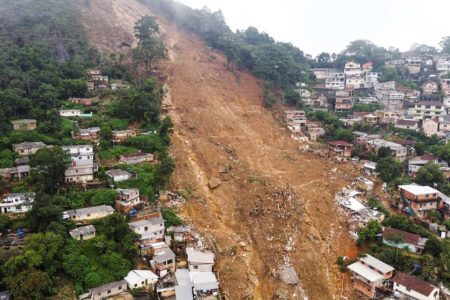Major international oil companies have snapped up blocks along the mouth of the Amazon River, amid protests from Indigenous communities and environmentalists about the potentially catastrophic risks.
Brazilian state-owned oil company Petrobras auctioned off blocks in the Foz do Amazonas basin and six other sedimentary basins on Tuesday, reports the Associated Press, making a record 989 million reais (US$181 million) in one-time signing bonuses for the 34 blocks sold.
Two consortia involving Petrobras and Exxon Mobil secured 10 blocks in total, with the Brazilian firm acquiring five blocks as operator and the US major taking the other five as operator with China’s state-owned China National Petroleum Corporation (CNPC), which acquired another nine blocks through a Chevron-led consortium.
The highest premium was for a block located near the mouth of the Amazon River, drawing a nearly 3,000-percent markup. Petrobras CEO Magda Chambriard told Reuters earlier this month she believes the company will clear the last step to getting a permit to drill in the second half of July, noting that the interest from oil companies “adds to the pressure for licenses.”
Brazilian Mines and Energy Minister Alexandre Silveira agreed, telling Reuters that he was sure the Brazilian Institute of the Environment and Renewable Natural Resources (known by the Portuguese acronym Ibama) would speed up the licensing process after the auction.
Despite the minister billing the auction as a “winning ticket” to reducing poverty in northern Brazil, many see drilling in the region as a grave threat to this environmentally sensitive area, the Indigenous communities that call it home, and the broader fight against climate change.
[See more: UN agency approves massive expansion of Brazil’s deep-sea territory]
The Arayara Institute, a leading Brazilian environmental non-profit, dubbed the event a “doomsday auction.” Arayara filed lawsuits challenging the auction and the federal prosecutor’s office in Párá recommended suspending it, or at least excluding the Foz do Amazonas blocks, but the efforts were unsuccessful.
Brazilian President Luiz Inácio Lula da Silva, despite positioning himself as a champion environmentalist, has advocated for the blocks’ exploitation and publicly pressured Ibama to approve an emergency plan for Petrobras to conduct exploratory drilling near the mouth of the Amazon River, the last step to grant an environmental license.
Brazil is one of the few G20 countries to unveil nationally determined contributions to reduce climate emissions and adapt to the impacts of climate change – but it has now auctioned off blocks that, if exploited, could result in carbon emissions equal to nearly half of all global emissions in 2023, according to non-profit transition energy global network Fossil Fuel Treaty.
Arayara joined other non-profit organisations and Indigenous groups in protesting outside the auction. “We came to Rio to repudiate the auction,” Giovane Tapura of the Manoki, an Amazon tribe, told the AP. “We would have liked to be consulted and to see studies on how the oil drilling could affect us. None of this has been done.”
The auction of unlicensed blocks was an “irresponsible move by the National Oil Agency and a very risky one for the companies involved,” Nicole Oliveira, executive director of Arayara, told the AP. “We will continue litigating to prevent the contracts from being signed and the blocks from being explored.”
Indigenous organisations and coalitions plan to protest at the upcoming UN COP30 climate conference, scheduled to be held in Párá in November, as well as join a broader push for a just energy transition and the upholding of international commitments to support Indigenous lands in preserving culture and the environment.
